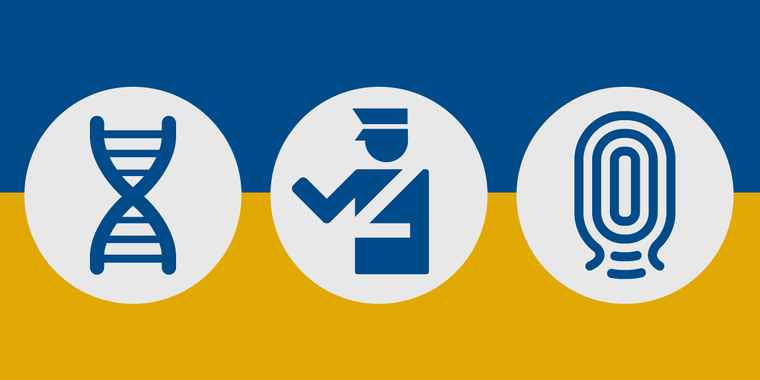The U.S. Government’s Database of Immigrant DNA Has Hit Scary, Astronomical Proportions
Summary
The FBI has requested a significant budget increase for 2024, specifically for its DNA database known as CODIS. This request, totaling $53 million, is in response to a 2020 rule that requires the Department of Homeland Security to collect DNA from individuals in immigration detention. CODIS currently holds genetic information from over 21 million people, with 92,000 new DNA samples added monthly. This increase in funding demonstrates the government’s commitment to collecting over 750,000 new samples annually from immigrant detainees, raising concerns about civil liberties, government surveillance, and the weaponization of biometrics.
Since the Supreme Court’s Maryland v. King decision in 2013, states have expanded DNA collection to cover more offenses, even those unrelated to DNA evidence. The federal government’s push to collect DNA from all immigrant detainees represents a drastic effort to accumulate genetic information, despite evidence disproving a link between crime and immigration status.
Studies suggest that increasing DNA database profiles does not significantly improve crime-solving rates, with the number of crime-scene samples being more relevant. Additionally, inclusion in a DNA database increases the risk of innocent individuals being implicated in crimes.
This expanded DNA collection worsens racial disparities in the criminal justice system, as it disproportionately affects communities of color. Black and Latino men are already overrepresented in DNA databases, and adding nearly a million new profiles of immigrant detainees, mostly people of color, will further skew the existing 21 million profiles in CODIS.
The government’s increased capacity for collecting and storing invasive data poses a risk to all individuals. With the potential for greater sample volume and broader collection methods, society is moving closer to a future of mass biometric surveillance where everyone’s privacy is at risk.

Add comment